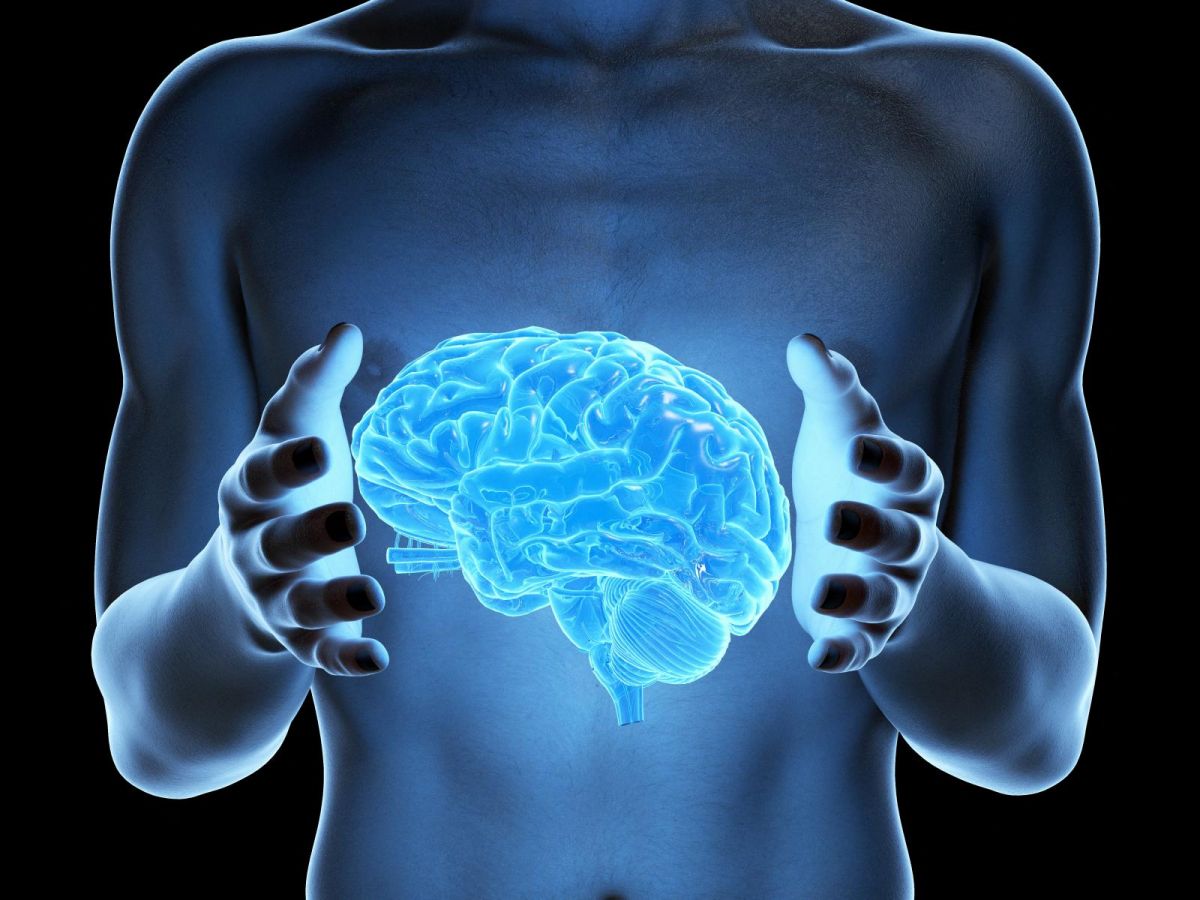When we use our memory, a multitude of memories such as scenes or details of a conversation (semantic memory) come together to form a model called a “prototype”. Once stored in our memory, bringing them back up is not always so simple and their representation does not always correspond to the original model.
However, researchers from the University of Birmingham (United Kingdom) explain, in an article published in the journal Communication Psychology, that we are aware of the biased memories that are given back to us!
Biased results and lower confidence go hand in hand
To prove this, the researchers asked 218 people (71% women, 24 years old on average) to participate in six similar experiments which generally consisted of using their visual memory. They consisted of retaining an association of colored objects and restoring their color after having been distracted. Then, participants were asked to give their confidence level (I'm sure/I'm not sure/I suppose) that they gave to their answer. The biased response rate was measured taking into account the distance from the original color.
An algorithm then gave the error rate of the results based on the candidates. A clear observation: those with biased results are also those with a drop in confidence in their response.
Three hypotheses then arise: is it the recall of the memory which provokes a response altering confidence? On the contrary, is it the reminder which influences the confidence impacting the response? Or does the reminder influence both at the same time?
To find out, the confidence test on the prototype of the memory was carried out before, during and after the responses. The participants were therefore able to determine their confidence in their memory on the ability to re-provide the information provided (here the color of the objects). The results show that confidence predicts distortions in our memories but does not influence our prototypes.
Read alsoAUTOHYPNOSIS AND SELF-CONFIDENCE: WHAT DO NEUROSCIENCES SAY?
The first errors occur during memorization
Although we still do not know how our metacognitive awareness (awareness of our own cognitive processes and their regulation) is influenced by our prototypes, we now know that when our memories seem prototypical, we decrease our confidence in them.
A study published in 2008 by the journal Neuron showed that the first prototype errors occur during memorization. The fact that it is possible to already be aware of a biased representation from memorization raises the question of whether confidence is a signal linked to the reconstruction of the prototype, or if we are simply aware of the weaknesses of our memory.
Read alsoTrick your brain to boost your memory
Old people do not recognize their mistakes regarding their memories
A study published in 2012 in the journal Aging and Psychology also proved on 56 guinea pigs (average age 77 years) that the precision of memories decreases with age; seniors tend to be confident about their memories which turn out to be erroneous. This observation therefore means that metacognitive awareness decreases with age.
This lack of awareness is not valid when memorizing: on the contrary, their confidence decreases, a sign of an awareness of their restricted capacity for the memorization process.
The researchers plan to carry out future work to find out how confidence in the restitution of erroneous memories predicts memory capacities linked to age and how these memories could be used as predictors of future memory disorders (such as Alzheimer's disease).

